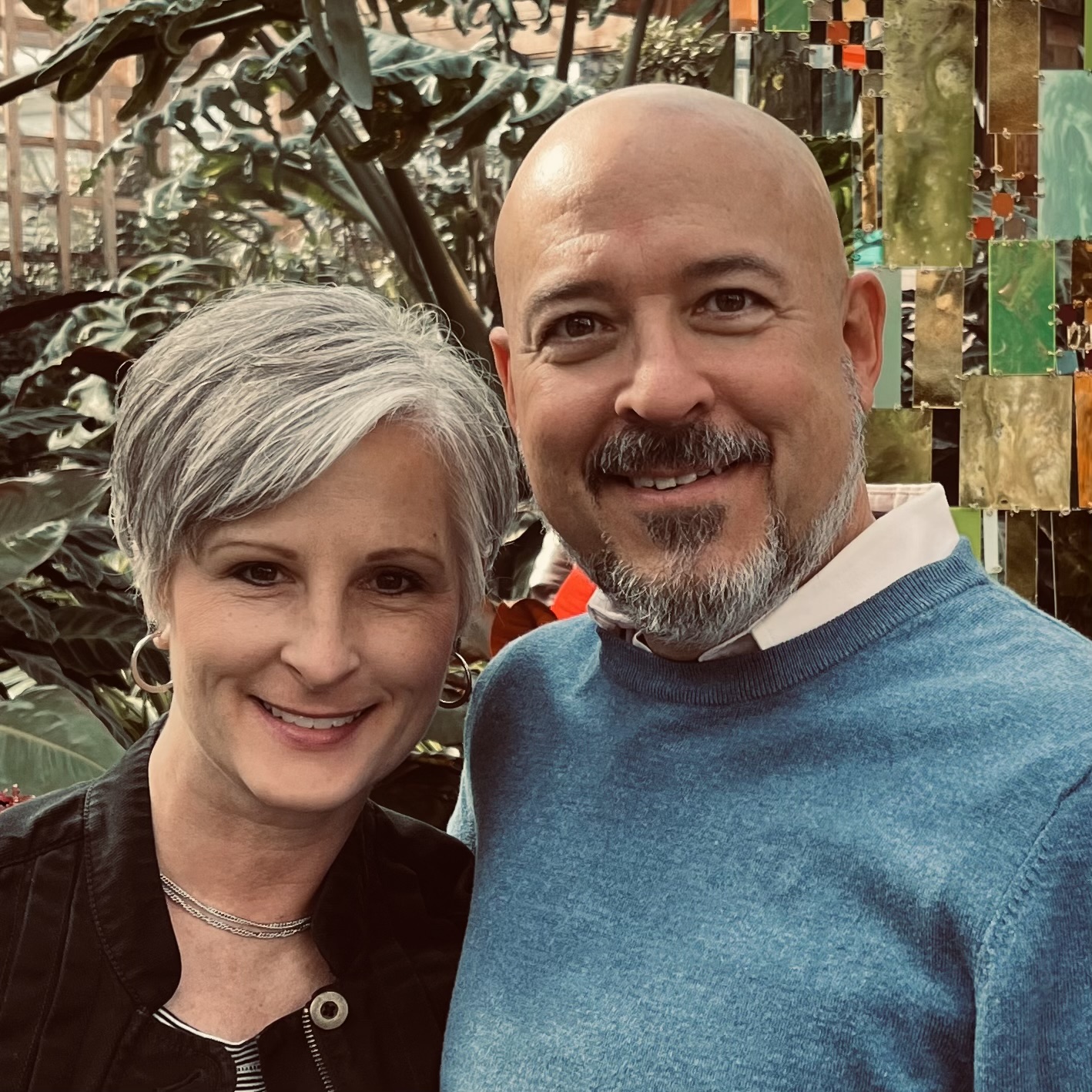 The Bible is filled with commands that followers of Jesus are meant to embrace. Perhaps none is more difficult than the one found in Proverbs 3:5-6…
The Bible is filled with commands that followers of Jesus are meant to embrace. Perhaps none is more difficult than the one found in Proverbs 3:5-6…
Trust in the Lord with all your heart; do not depend on your own understanding. Seek his will in all you do…
Sounds simple, you say? I suppose at first reading, it may. But when you start to think of its application, and further, its implication, the admonition becomes downright scary. For the thinking person, the questions are likely to start flowing. How do you trust in something/one that is invisible? Does not depending on your own understanding necessitate suspending your intellect? Does seeking his will mean abandoning my own desires? And these are all fair (and answerable) questions. Let’s tackle each of them.
How do you trust in something/one that is invisible?
The answer is simple… notice I did not say easy. The only way to trust is to decide that you are going to attempt to trust. Look at another reality in which this is difficult – the fear of flying. For some, the thought of trusting the technology of an airplane to safely transport them is crippling. So how do you conquer that fear? Unless you are a former hulking NFL football player/commentator, the answer cannot be not flying. And, sorry Mr. Madden, that cannot be the answer for you either. To conquer fear we must fight it. That gets us headed in the right direction with trusting Jesus, too.
Does not depending on your own understanding necessitate suspending your intellect?
For an unfortunate number of Christians it would seem that the answer is all-too-often, “yes”… but, no! No, not depending on your own understanding and suspending your intellect are not the same thing. So exactly how does this work? It works by admitting that I don’t know exactly all of how it works. There is a required humility that is the linchpin in this entire discussion. If you believe that your thoughts are the beginning and end of all discussions, not only will this be woefully apparent to others, it will also be repellant. I prefer to focus on what this means instead of what it does not. For me this is about admitting that God knows more than I do and submitting my “wisdom” to his wisdom.
Does seeking his will mean abandoning my own desires?
This one is a “yes” and “no”. Again, what this really comes down to is… “Who’s in charge?” If I demand control of my life, trusting God becomes more than difficult – it will be nearly impossible. However, if I believe that the one who made me also dreams bigger dreams for me than I ever could for myself, it becomes much more pleasurable. Or put another way, I seek to discover his plans and those plans become my own!
Only after wrestling through the first part of this passage does the second part come to life:
… he will show you which path to take.
And isn’t this what we’re looking for? Direction. Guidance. Clarification. We want to know that the road we’re on is the right one. For the Christian this assurance is found by obeying God’s most difficult command: trust me. And as we learn to trust, we learn that the prophet Isaiah was right, his ways are not our ways. God’s ways transcend our best attempts.
